Addiction & Trauma Recovery
About ATR
Outpatient substance use and mental health treatment services that include identifying and treating trauma and other root causes of these disorders by assessing an individual’s readiness to change and level of care, providing assistance in establishing sobriety and an early recovery pathway, providing group and individual counseling (cognitive and dialectical behavioral therapy), recovery coaching, case management, and education in relapse prevention, connection, emotional self-regulation, boundary setting, safety, parenting, and trauma recovery.
Individualized Plans
You have unique experiences and biology that make up your past and a distinctive purpose and direction that can create your future. We work one-on-one with you to create an individualized plan specific to your needs and goals so you can live the present to its fullest.
Your plan could include one, or a combination, of the following services: individual therapy, group therapy, couples therapy, case management, and drug and alcohol consultations and assessments. We also specialize in interventions that help initiate treatment.
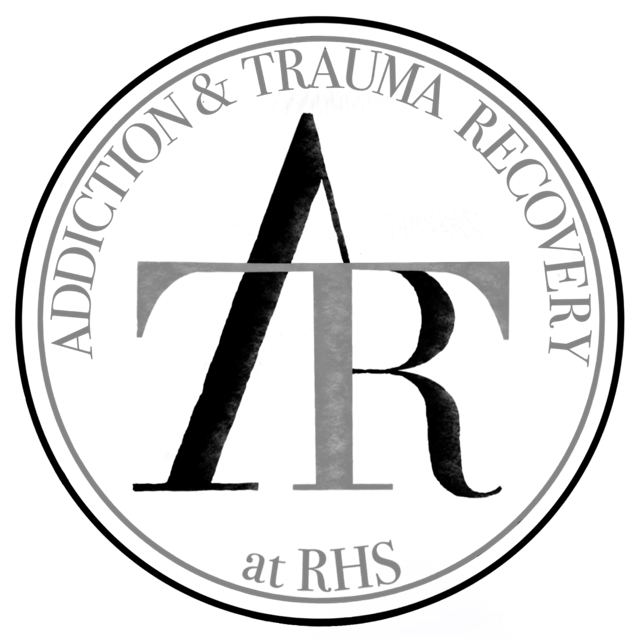
DEFINE ADDICTION
Addiction is a chronic brain disease manifested by compulsive behaviors despite harmful consequences. Addictions to drugs and alcohol is also known as severe substance use disorder and can consume the focus of your whole life. Using a substance can temporarily intoxicate you (creating a “high,” relieving stress, improving performance, etc.) and will leave you wanting more. Overtime you build up a tolerance, meaning you need more of the substance to feel the effects.
Using these substances changes how your brain functions. It re-routes your brain’s circuits to change your motivation, judgement, memory, behavioral control, and learning. It leads to impaired control, risky and impulsive behaviors, social and relationship problems, and other physiological effects. It may be impossible to stop, even if you recognize that your addiction a problem.
We know many people experience addiction and mental illness together and are prepared to help you navigate those complexities. We are committed to helping you recover from addiction, a process of change where you abstain from the substance and improve your overall health and quality of life.
ADDICTIONS WE TREAT
Prescription Opioids
Bath Salts
Tobacco
Prescription Stimulants
Steroids
Amphetamine
Fentanyl
Painkiller
Heroin
Ecstasy
Cocaine
Alcohol
Methamphetamine
Benzodiazepines
Inhalants
Ketamine
DMT
Hallucinogens
Mescaline
PCP
Group Schedule
MONDAY
- Emotion coaching
Room 1
9-11am
- Cognitive Behavioral Change
Room 1
6-7:45pm
TUESDAY
- Seeking Safety
Room 2
9-11 am
- Healthy Boundaries
Group Room 2
11am-12:30pm
- Relapse Prevention (John)
Room 1
10am-12pm
- Intimate Relationships
Room 2
6-8pm
- Parent Group
Room 1
6-8pm
WEDNESDAY
- M-TREM (Males Only)
Room 1
7:30-9am
- TREM (Females Only)
Room 2
9-11am
- DBT (John)
Room 1
10am-12pm
- DBT
Room 2
6-7:30pm
- Recovery Support Group
Room 2
7:30-8:30pm
THURSDAY
- Connections
Room 1
9-11am - BASE
Room 1
6-7:45pm
FRIDAY
- Relapse Prevention
Room 1
10am-12pm - Co Occurring (John)
Room 1
10am-12pm
Descriptions
- BASE
This education level group has been designed for first time/low risk offenders and other individuals seeking self-actualization. BASE aims to reach those that lack awareness and education in conflict resolution, anger management, healthy communication, emotion identification and regulation, attachment styles, relationship building skills, shame resilience, family of origin and understanding trauma and trauma responses.
- Cognitive Behavioral Change
Cognitive Behavioral Change is based on the National Model of CSC and addresses the cognitive thinking errors and faulty core beliefs that lead to high-risk behaviors and continued relapse in addiction. Individuals are taught how to identify immediate thinking errors as they arise and alternative thinking patterns that can make them more successful in taking accountability and changing problematic behaviors.
- Connections
Connections group is a multifaceted approach, developed to address issues relating to shame, and to facilitate the development of shame resilience. The curriculum is ideal for populations working with issues such as self-esteem, love and belonging, authenticity, the development of empathy, connection, and power, and the ability to cultivate a resilient spirit.
- Co Occurring
This is a group for individuals who deal with both substance abuse and mental health issues. Once a person relapses into substance abuse issues, mental health symptoms increase and cause further breakdown. This also can occur with mental health symptoms increasing first causing a person to use drugs or alcohol to try to control these symptoms, therefore making it worse. This group teaches a member how to recognize symptoms of dual diagnosis and teaches strategies to avoid decompensation or relapse.
- DBT
This group is focused on teaching skills to combat dysfunctional patterns and help individual’s change behavioral, emotional thinking, and interpersonal patterns. Individuals will learn how to become more mindful of their feelings, thoughts and behaviors, regulate their emotions and become more resilient.
- Emotion Coaching
This is group focuses on learning how to fully experience and express emotions in a healthy way. Group will focus on differing experiences for men and women and society’s expectations regarding emotional expression. Members will explore family of origin stories that play a role in how we express or do not express emotion. Members will learn how to establish healthy emotional boundaries for themselves.
- Intimate Relationships
The purpose of the Intimate Relationships groups to help understand what intimacy means and how having strong intimate bonds allow for healthy growth and increased life satisfaction. Topics covered range from communication to values, sexual and emotional needs, setting boundaries and commitment. Group is open to males and females and couples as well.
- M-TREM & TREM
The Trauma Recovery and Empowerment Model (TREM) is a fully manualized, group-based intervention designed to facilitate trauma recovery amount men/women with histories of exposure to emotional, sexual and physical abuse.
- Parent Group
A comprehensive parenting class for parenting teenagers and ‘tweens. Active Parenting of Teens is a program that addresses our complicated day and age. With this parenting curriculum, parents will gain confidence and courage to meet the challenges of their children’s teen years. Areas of focus are: teens & technology (the Internet, social networking sites, etc.), the latest in teen drug use prevention (including prescription drugs), teen bullying: how to spot it, how to handle it, special stepfamily considerations, how brain development affects teen behavior and decision-making, improved discipline and communication, updated teen sexuality issues.
- Relapse Prevention
The modality used for Relapse Prevention is: WRAP. WRAP stands for Wellness-Recovery-Action-Plan. WRAP is a popular system for monitoring and relieving uncomfortable feelings and behaviors, working on recovery, maintaining wellness and making your life the way you want it to be. While WRAP was developed by, and for, people who experience mental health difficulties, it can be used to treat substance abuse, provide a guide in working toward life goals, improve relationships, help build communication skills and increase interpersonal skills with others.
- Seeking Safety
Developed specifically for PTSD and substance abuse, Seeking Safety focuses on first establishing safety through discontinuing substance use, letting go of dangerous relationships, and gaining control over dissociation, suicidal thoughts, and self-harm. The group covers 25 topics, which provide practical tools and techniques and safe coping skills. Each topic also works to help clients restore ideals that may have been lost, including respect, care, protection, and healing.
- Recovery Support Group
A recovery meeting offered to all individuals that participate in the Addiction and Trauma Recovery SUD program. This meeting is guided by principles of Alcoholics Anonymous and Narcotics Anonymous, and is offered to assist individuals in gaining familiarity with the structure of recovery support meetings that are offered in the community outside of our program.
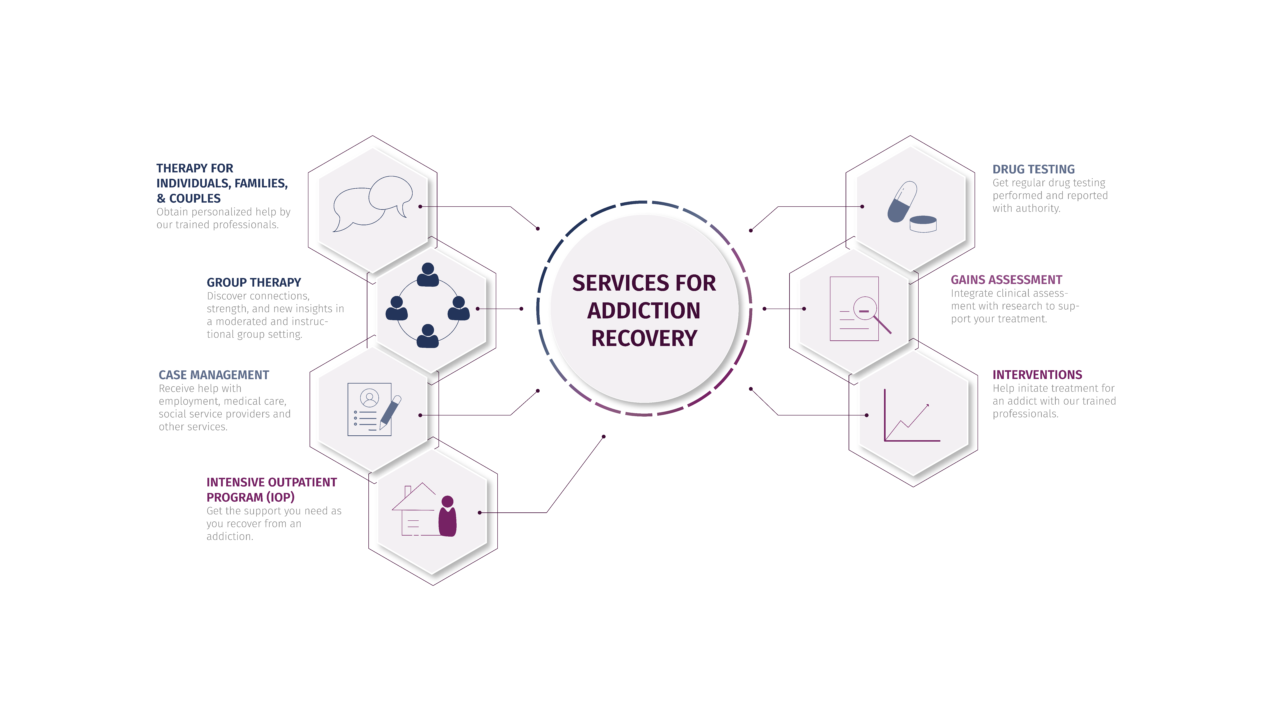
Statistics
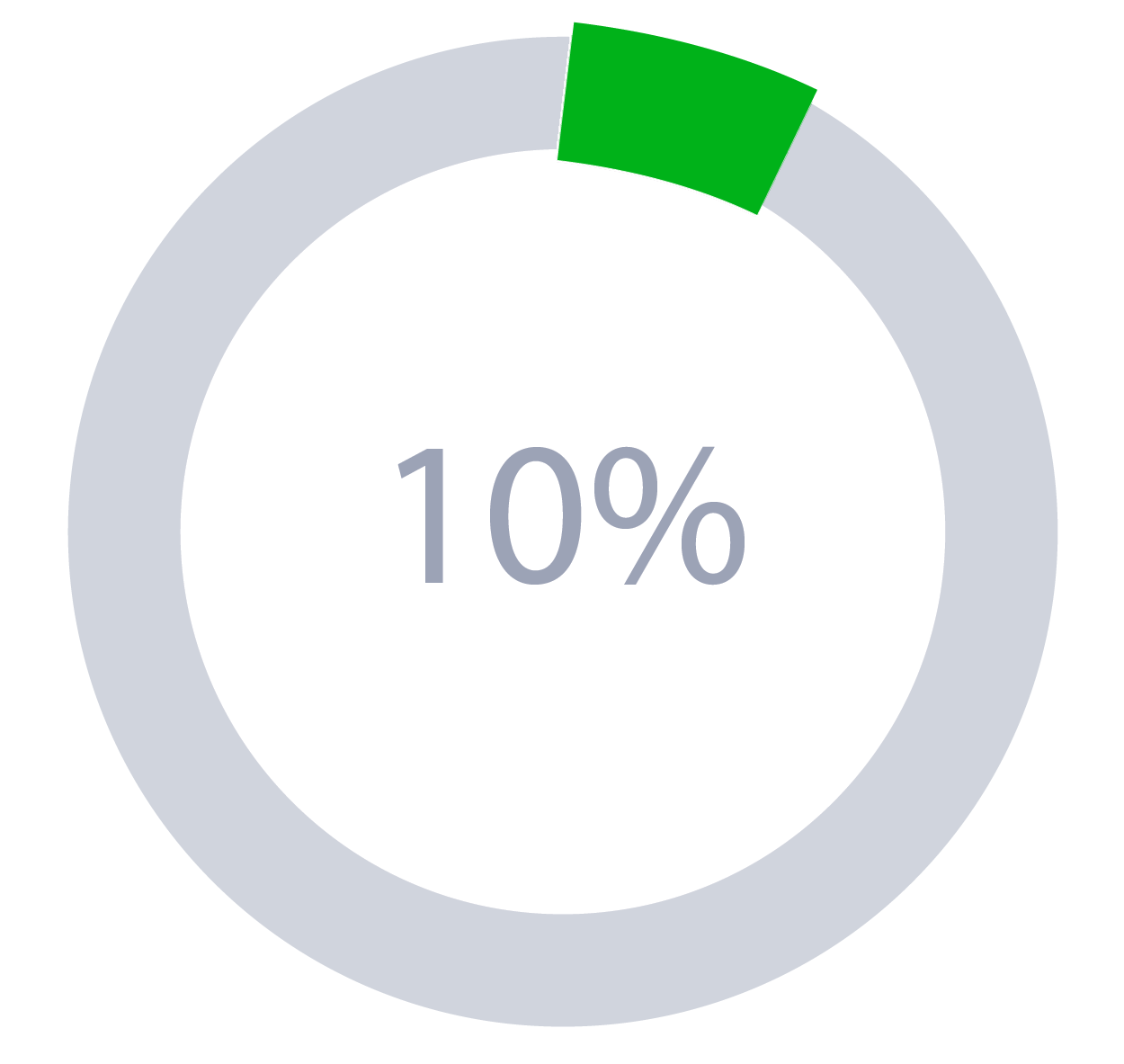
Thirty days of treatment is less than 10% effective
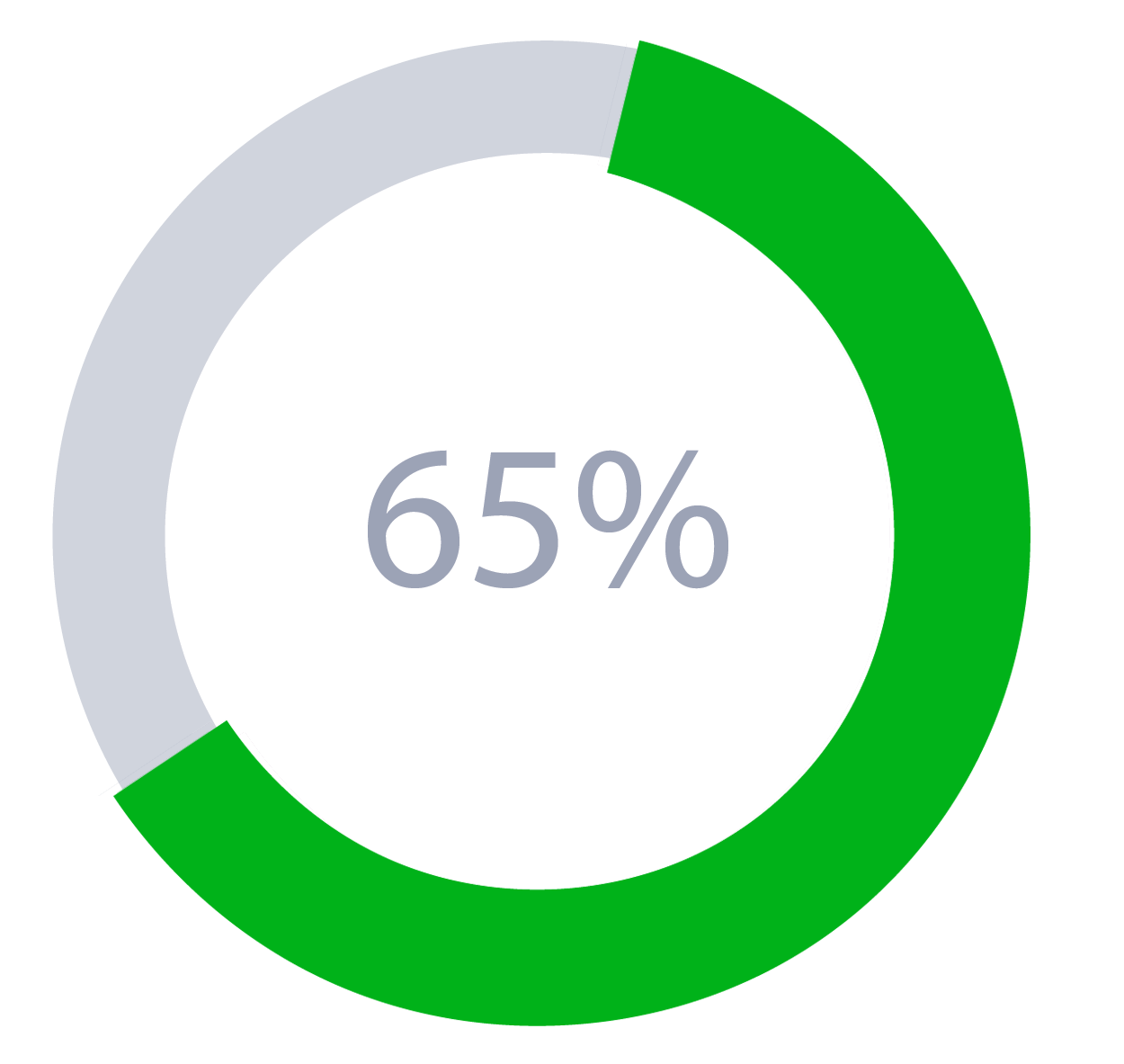
Two years of ongoing support in recovery results in a 65% success rate.
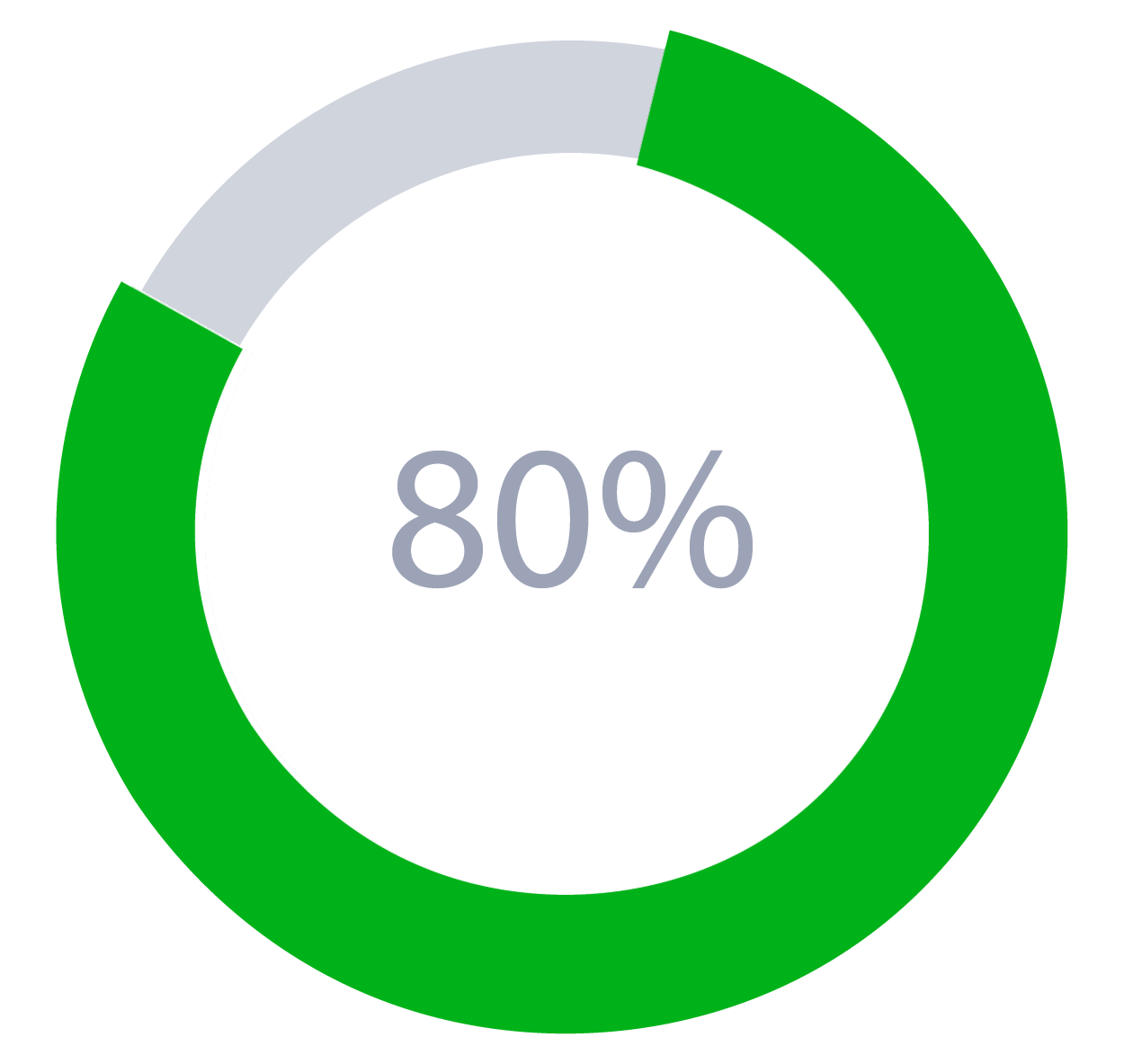
Five years results in an 80% success rate.
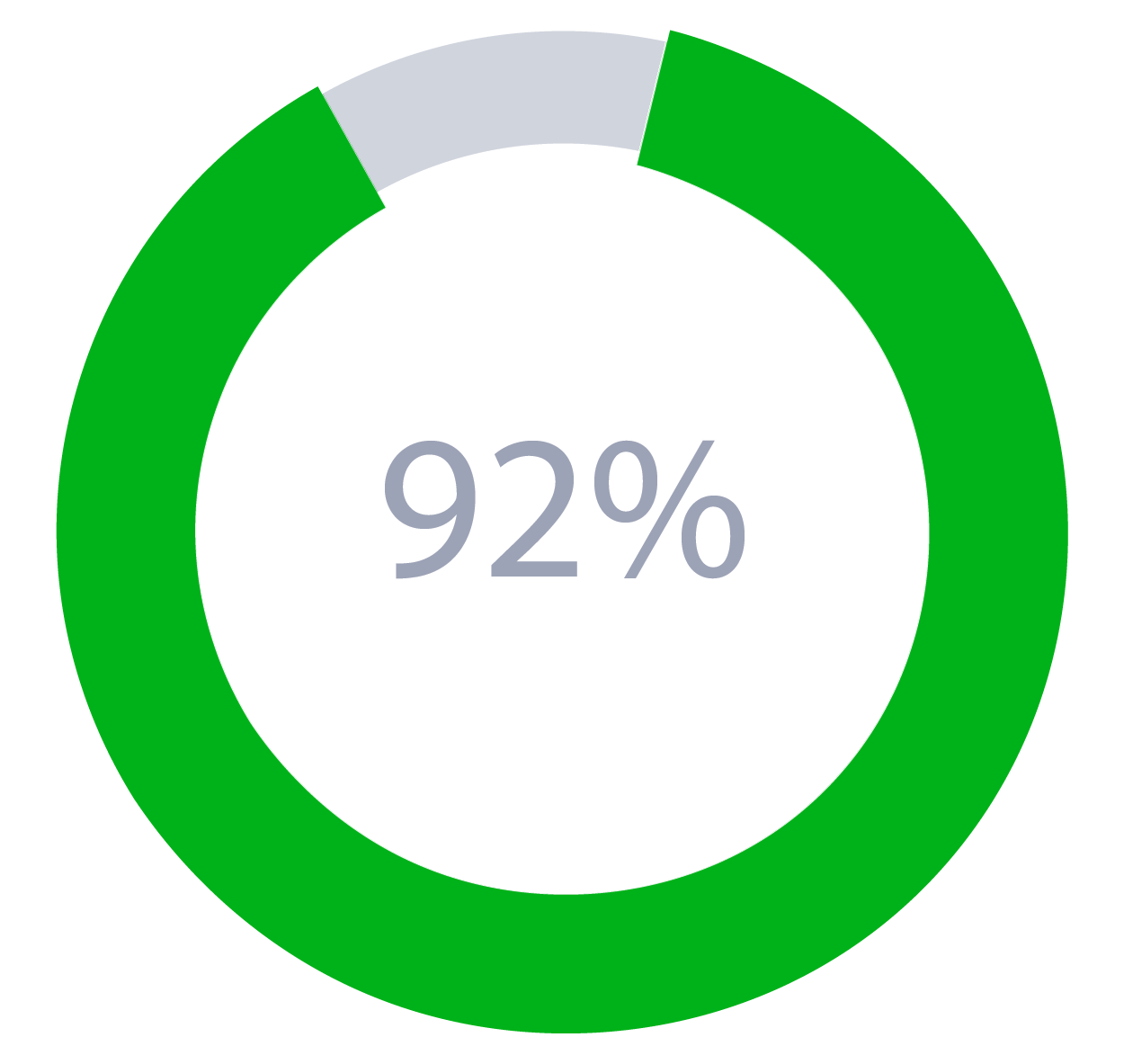
Ten years achieves a 92% success rate.
ATR at RHS Contact Information:
Check out Ben Well’s, Program Coordinator, interview.
Interview done by Christian Moody, Are You Positive?
